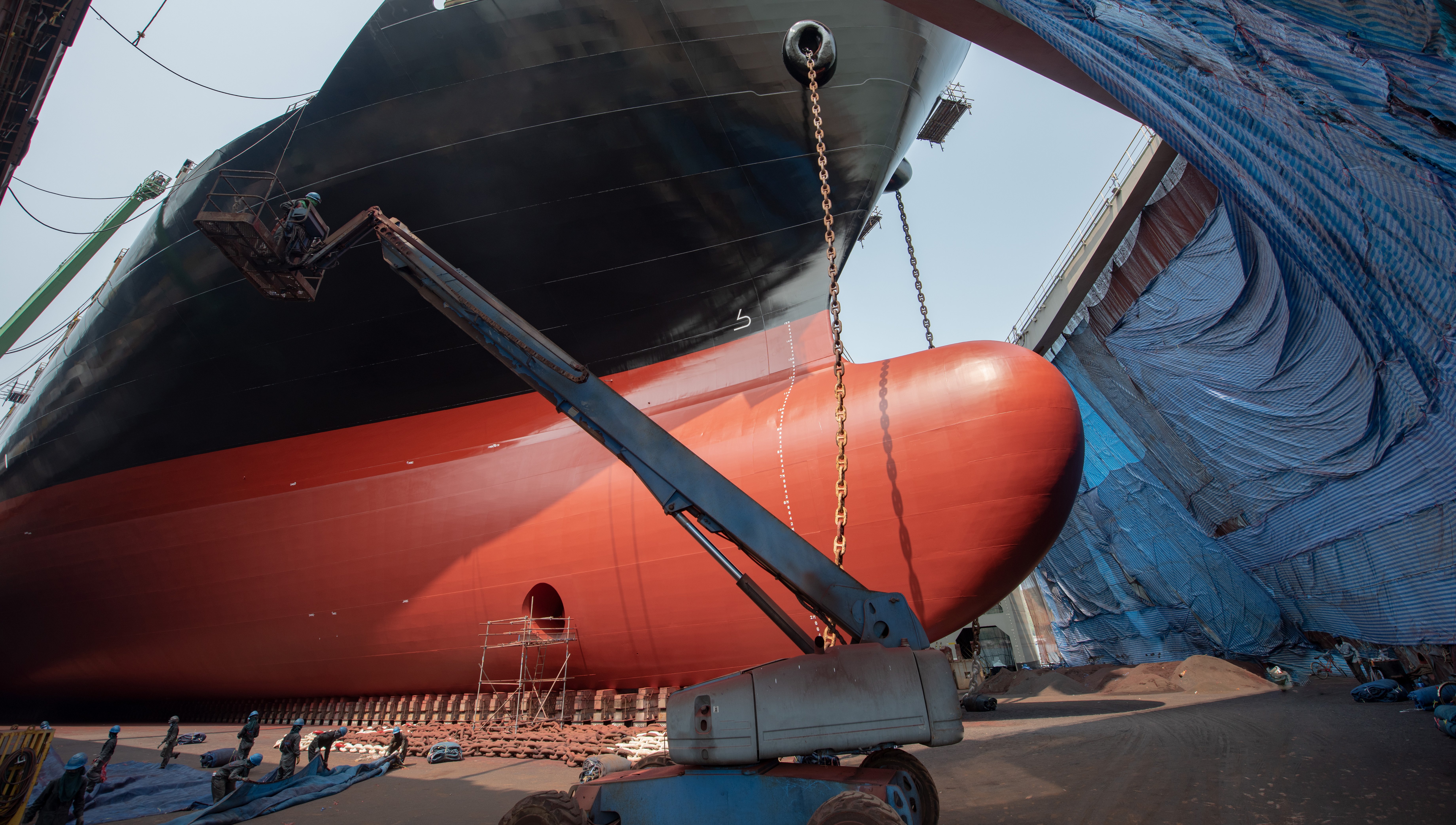Shipboard safety impacted by commercial pressure, says new study
26 September 2019

The International Organization of Masters, Mates & Pilots (MM&P) has published a study on shipboard safety, which focuses largely on the safety implications of the commercial pressures faced by the shipping industry worldwide.
Seafarers are 'pressured to keep quiet and keep the ship moving' by ship operators, who don't want to lose income while a ship is pulled out of service to be repaired.
Competition wrought by the safety-light flag-of-convenience (FoC) system has increased commercial pressure on flag states, which may turn a blind eye to safety problems to attract and retain clients, the study found.
Ship's officers who bring safety issues to the attention of management are exposed to the risk of retaliation. As whistle-blowers they may face punishment, demotion or even termination.
Marine inspectors are often pressured by their superiors to 'look the other way'.
Onshore management discourages reporting to maintain immunity from personal liability.
The study shows these factors may have contributed to several fatal maritime accidents that involved significant loss of life or damage to the environment: the 2002 Prestige disaster; the sinking of the Russian riverboat Bulgaria in 2011; the Korean ferry Sewol in 2014 and the sinking of the bulk carrier Stellar Daisy in 2017.
Among the proposals made by the study are that there should be 'greater uniformity by flag and port states in implementation of international safety regulations, with strict enforcement by Port State Control, including the ability to look behind certificates of compliance issued by flag states or other inspection organisations.'
The study also says that ship's officers should have the right and obligation 'to raise "Corrective Action Reports" (CAR's) and have them addressed in a timely manner.
'With modern technology, the burden of responsibility can, and must, extend to ship operators, ship owners, classification societies and flag states,' it found.
'Spotlight: Why Accidents Are Often Not Accidental', was presented to the World Maritime Rescue Conference in Vancouver, Canada, in June 2019. It was conducted in conjunction with Dalhousie University of Halifax, Nova Scotia.
Among the contributors to the study were: professional mariners who had been scapegoated by their employers for urging that serious shipboard safety problems be addressed; and experts on international maritime law, the international regulatory regime and classification societies.
Tags
